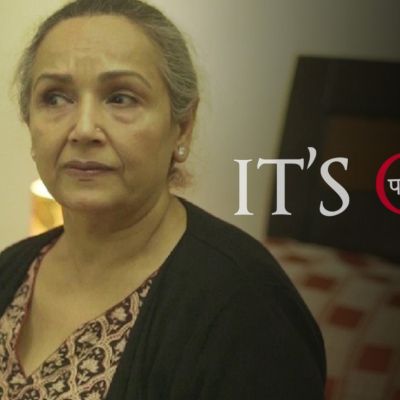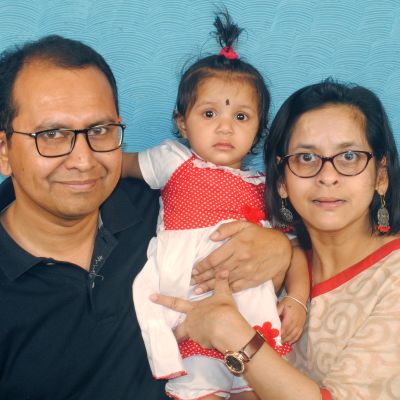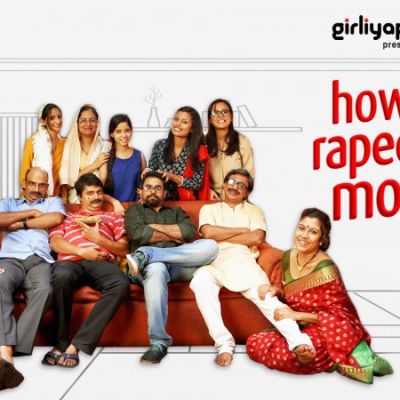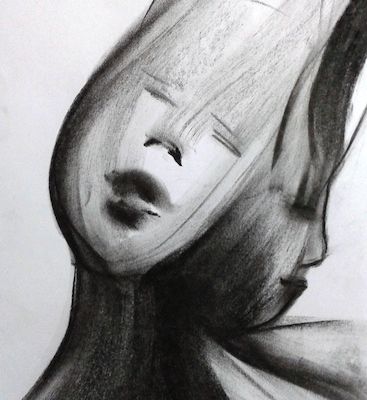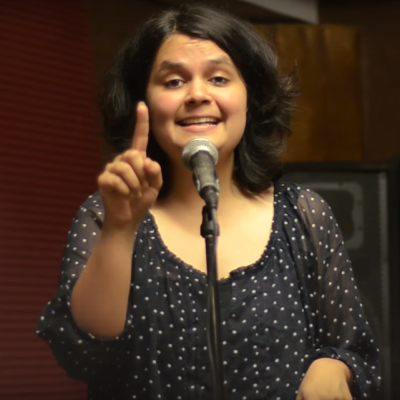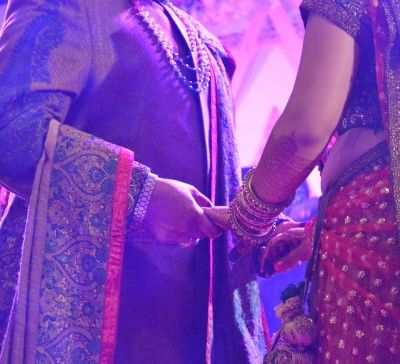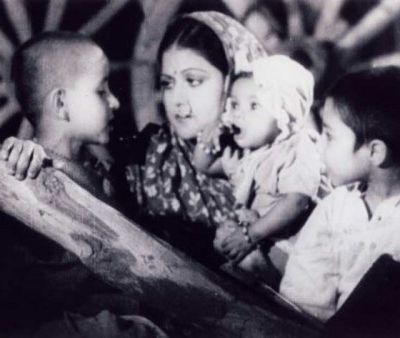Family
The film begins with the mother’s dilemma around her daughter’s refusal to be ‘normal’ and marry a ‘decent boy’. As the story unfolds, we see the mother invite a ‘suitable boy’ for dinner on the same evening as the daughter’s partner is coming home to meet the family.
I had risked so much already, not just by loving another woman, but by acting on my desires. By allowing myself to feel intimacy and connection with another queer person. Despite feeling guilt and shame, this risk had become increasingly vital to take.
I wish my elders had told me about more than just bleeding when they talked about menstruation. I wish they…
Jeeja Ghosh is a disability rights researcher and activist, feminist, parent, writer, scholar and trainer. Her lived experience of disability, and of standing up against discrimination and injustice, is at the core of her work and insights. Shikha Aleya interviews Jeeja about mobility across divides other than the physical.
Watching K3G with my students brings forward new ways of understanding how concepts like socioeconomic class, gender, sexuality, and diasporic imaginaries are embedded with subtle messages of morality and longing and how these messages are ingrained in our Bollywood viewing experiences.
The Indian family is changing. There’s no ‘ideal family’ defined by children or lineage. It comes in different shapes and sizes.
While we moved one step forward towards sexual rights by striking down Article 377 of the Indian Penal Code (IPC) and decriminalising homosexuality, we still have a long way to go in changing and challenging the popular psyche and the political and legal narratives around homosexuality and queer families.
My mother and I have both made certain choices, sometimes inconvenient for me, sometimes difficult for her, but those choices have revealed to me the strength of our relationship and alternative possibilities that she and I can imagine together.
In the short film, Baby Steps, a seemingly mundane Skype conversation between a mother and son turns into something more.
In times of trouble, when all members of the family come together, there’s nothing that cannot be solved by an Indian family, including marital rape. Take a look at this satirical sitcom.
My sexual desires may not be what certain people called ‘normal’ and I could not share this with my so called friends as I thought they would consider me weird. Surprisingly a woman in my hometown introduced me to the world of Kink. She was a regular housewife and with her for the first time I got to know what I actually needed and wanted and it went on for a good amount of time till I moved out of that place for many reasons.
Often when we speak of families and family history, we talk genetics, traditions and inheritance of all kinds. Somehow our relationship by blood or otherwise to a clan is supposed to help us identify our place in the universe. So there’s family medical history, family culture, family traditions of food and career. But sexuality? A family history that focuses on sexuality? What would that even mean?
Before I was introduced to theatre and the arts in the 11th standard, the future I saw for myself was…
I met Lamai[1] at a spa in Bangkok. She was eager to talk, and told me about her village eight…

